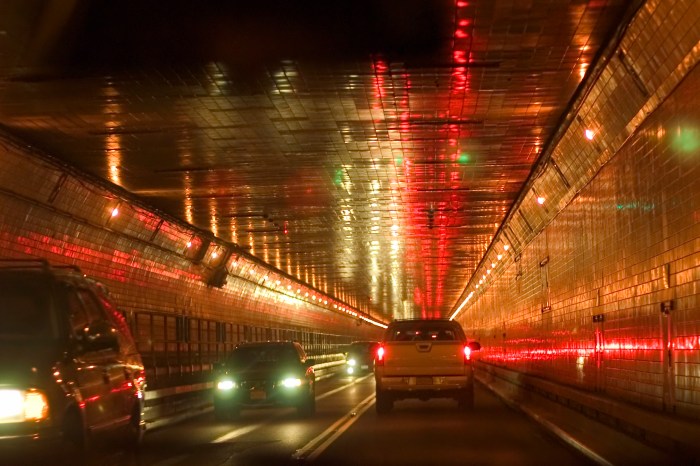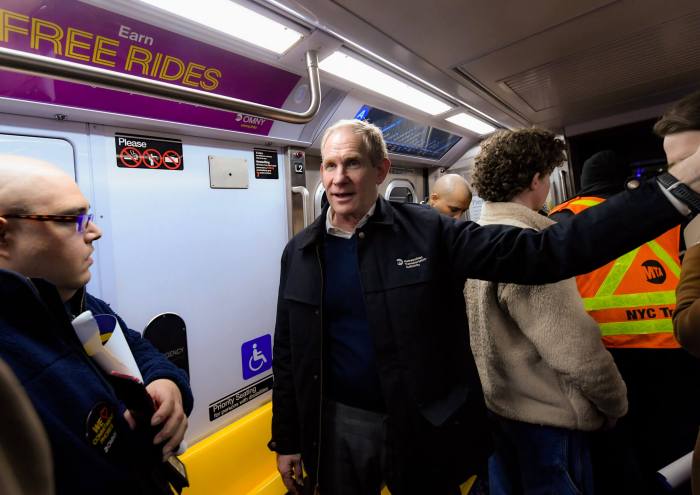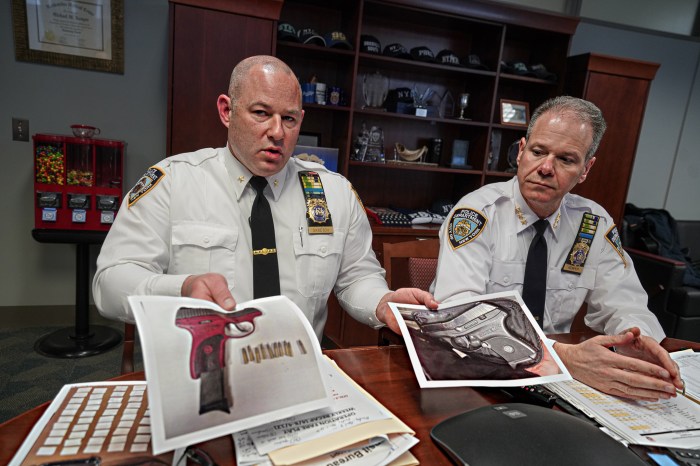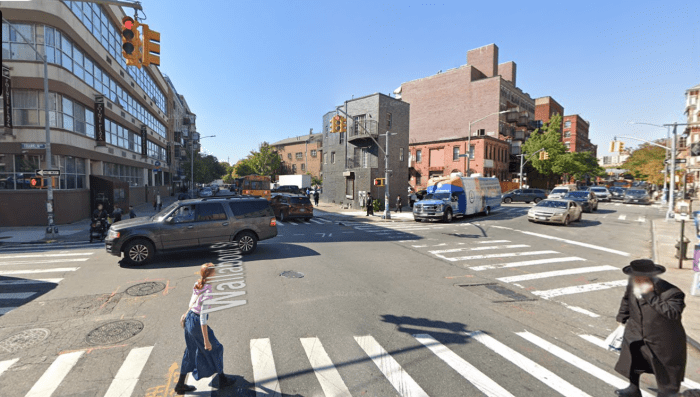The MTA will need to be clearer on its subway plans before receiving city financial support, City Council members said Tuesday.
Citing abnormally high construction costs, opaque budgeting and previous financial commitments, the City Council on Tuesday cautioned against handing over more city dollars for MTA chairman Joe Lhota’s $836 million action plan to revive the struggling subway system.
“There was a lot of specific information that was not provided that we’ll need to determine what position we want to take as a council,” said Speaker Melissa Mark-Viverito after a nearly three-hour MTA testimony that at times grew tense. “Supposedly, the MTA will provide that to us. We will take a look at it as the City Council and we’ll make our own set of recommendations that the city should be doing.”
Given that the MTA is a state agency, the council can do little to impact operations. But it does hold the power to sign off on any additional city spending and won’t consider doing so without details on how and when the MTA will implement the more-than-30 separate projects in Lhota’s plan, Mark-Viverito said.
“The action plan marks the beginning of a new chapter for the MTA,” said Ronnie Hakim, the MTA’s managing director, in her testimony. “This reality-based recovery program of essential repair work is truly an investment in the city’s future and we are asking for your help to ensure that it is funded jointly between the city and the state.”
But several council members and city officials lamented over the MTA’s shifting of money over the years. The agency has moved $456 million in operating expenses over to the capital budget since 2011, Mayor Bill de Blasio has charged — a claim the MTA did not refute Tuesday. Those diversions amount to the same figure Cuomo and Lhota have requested from the city for the subway action plan.
The lawmakers also demanded answers for why capital construction costs so much. At $4.5 billion for three new stations, the Second Avenue subway’s first phase was the most expensive subway project in the world, according to transit experts.
“In other parts of the globe, when subway systems are being built or expanded, they do not remotely come close to the challenges we are facing here in New York City,” Hakim said. “You see it when you go by an open utility construction pit and you look in at the maze, the spaghetti of utilities.”
Still, several council members felt that New York was falling behind other cities.
“What does Russia know that we don’t?” asked Manhattan Councilman Ben Kallos, who wondered why Moscow runs more trains per hour than the MTA.
Hakim pointed out that Moscow doesn’t run a 24-hour subway system. “Try to get the subway in Moscow at 2 o’clock in the morning; they’re closed,” she said.
The hearing followed a two-day subway tour led by City Councilman Ydanis Rodriguez, chairman of the Transportation Committee. He and other lawmakers spoke with nearly 2,000 riders across the city. About 75 percent were made late to school, work or an important appointment in the past two weeks, according to Rodriguez.
“We heard that delays and overcrowding were the top priority,” Rodriguez said. “These issues have real consequences … some miss out on job opportunities while others can even be fired.”
David Bragdon, executive director at TransitCenter, said, “city officials are on very strong ground … if they’re going to invest money into some enterprise they need to have some confidence on how it’s being managed.
“It was disappointing that the MTA expressed no curiosity as to why their costs are so high compared to other cities in the world. We just heard excuses that it’s an old city and it’s complicated,” Bragdon continued. “Well, London is complicated; Paris is complicated; Tokyo is complicated — and they have much lower costs. Why?”

















